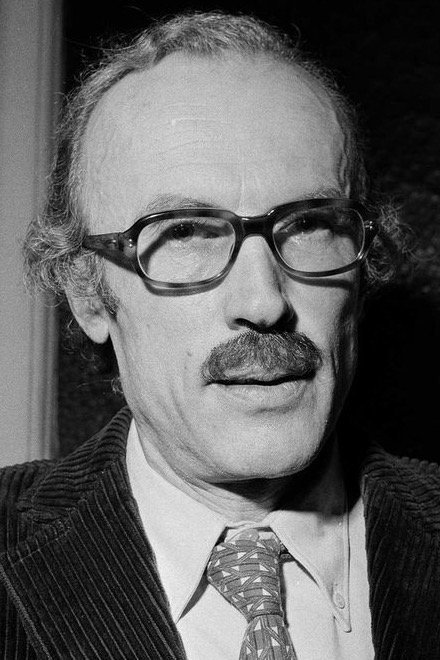
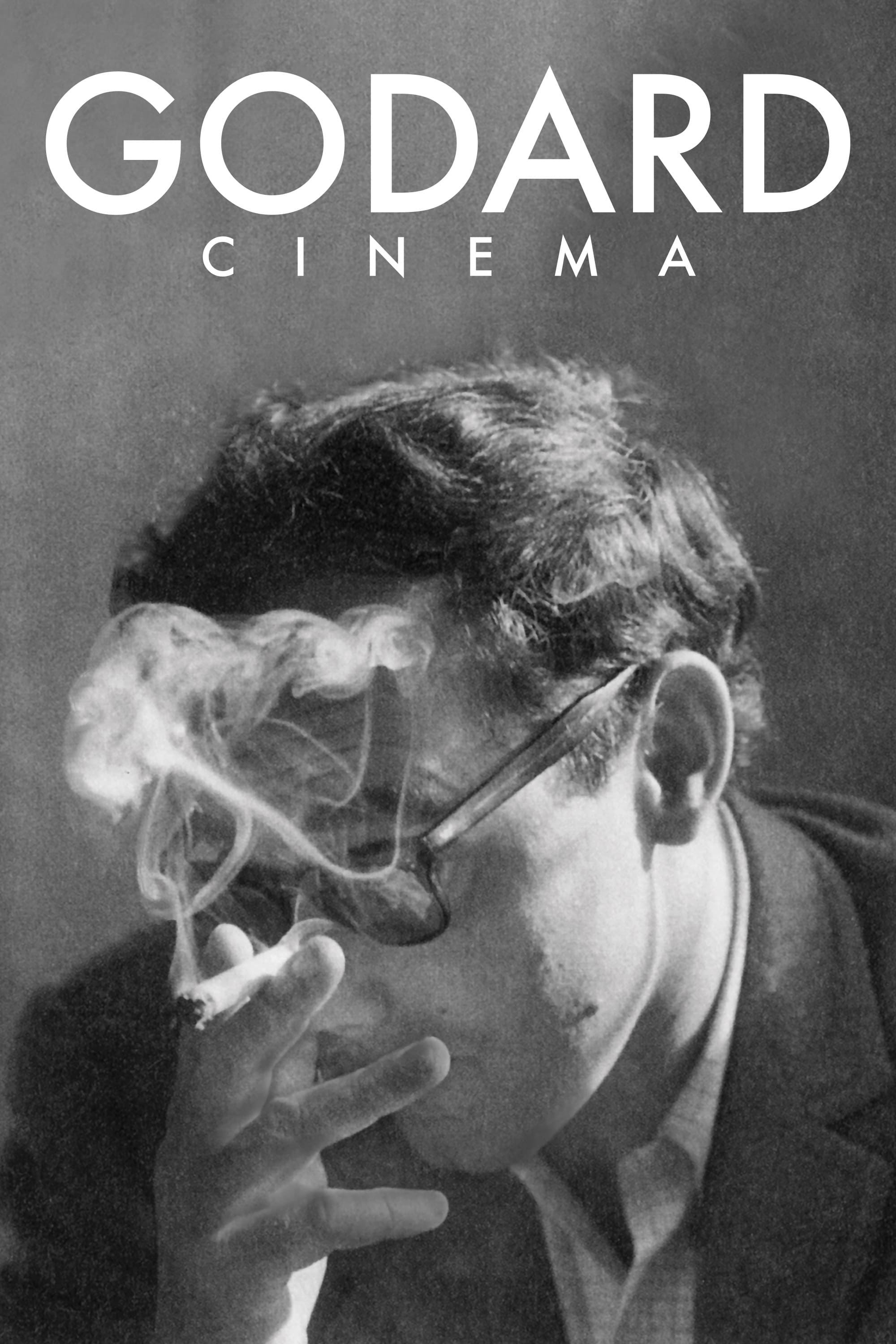
Jean-Luc Godard is synonymous with cinema. With the release of Breathless in 1960, he established himself overnight as a cinematic rebel and symbol for the era's progressive and anti-war youth. Sixty-two years and 140 films later, Godard is among the most renowned artists of all time, taught in every film school yet still shrouded in mystery. One of the founders of the French New Wave, political agitator, revolutionary misanthrope, film theorist and critic, the list of his descriptors goes on and on. Godard Cinema offers an opportunity for film lovers to look back at his career and the subjects and themes that obsessed him, while paying tribute to the ineffable essence of the most revered French director of all time.
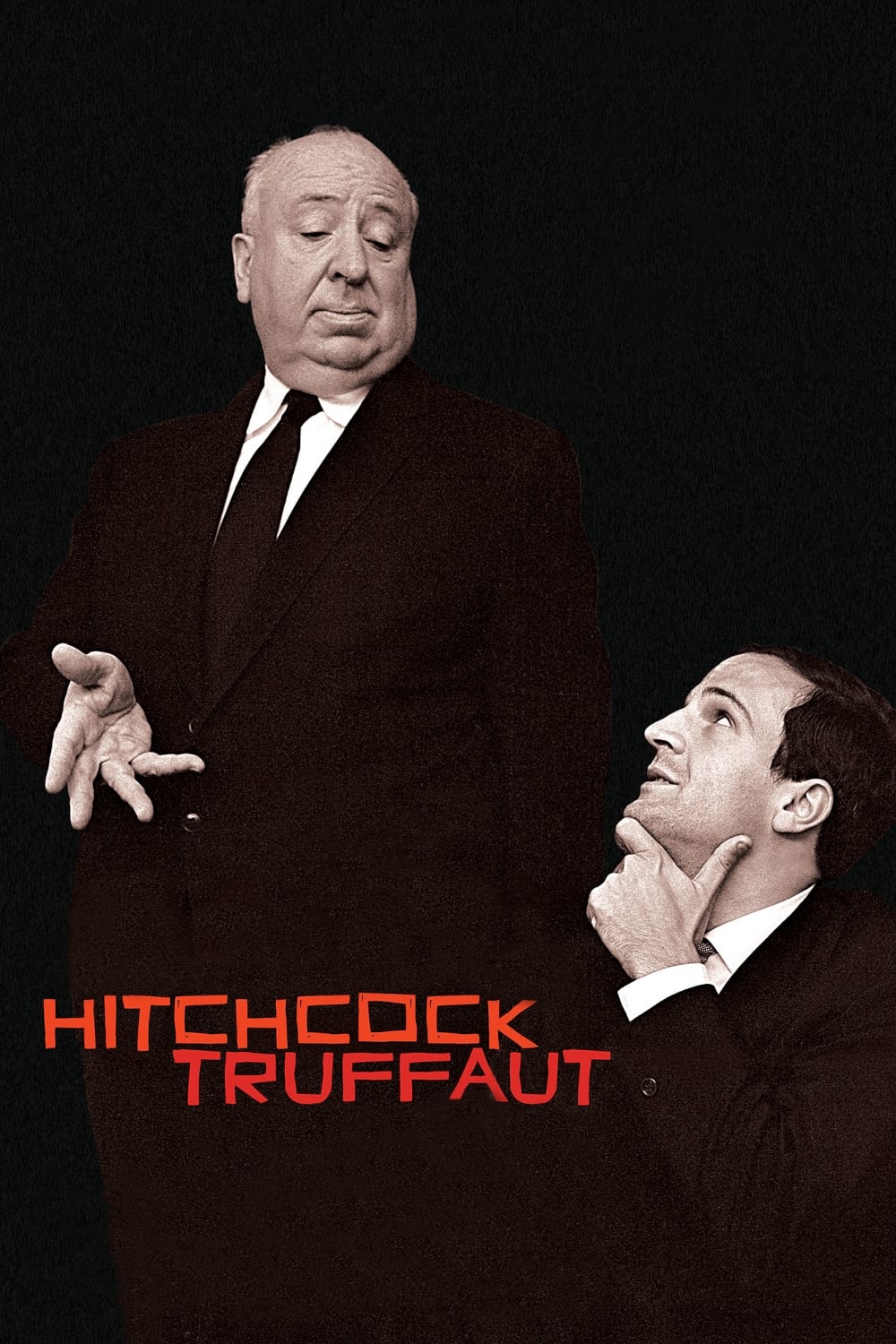
Filmmakers discuss the legacy of Alfred Hitchcock and the book “Hitchcock/Truffaut” (“Le cinéma selon Hitchcock”), written by François Truffaut and published in 1966.
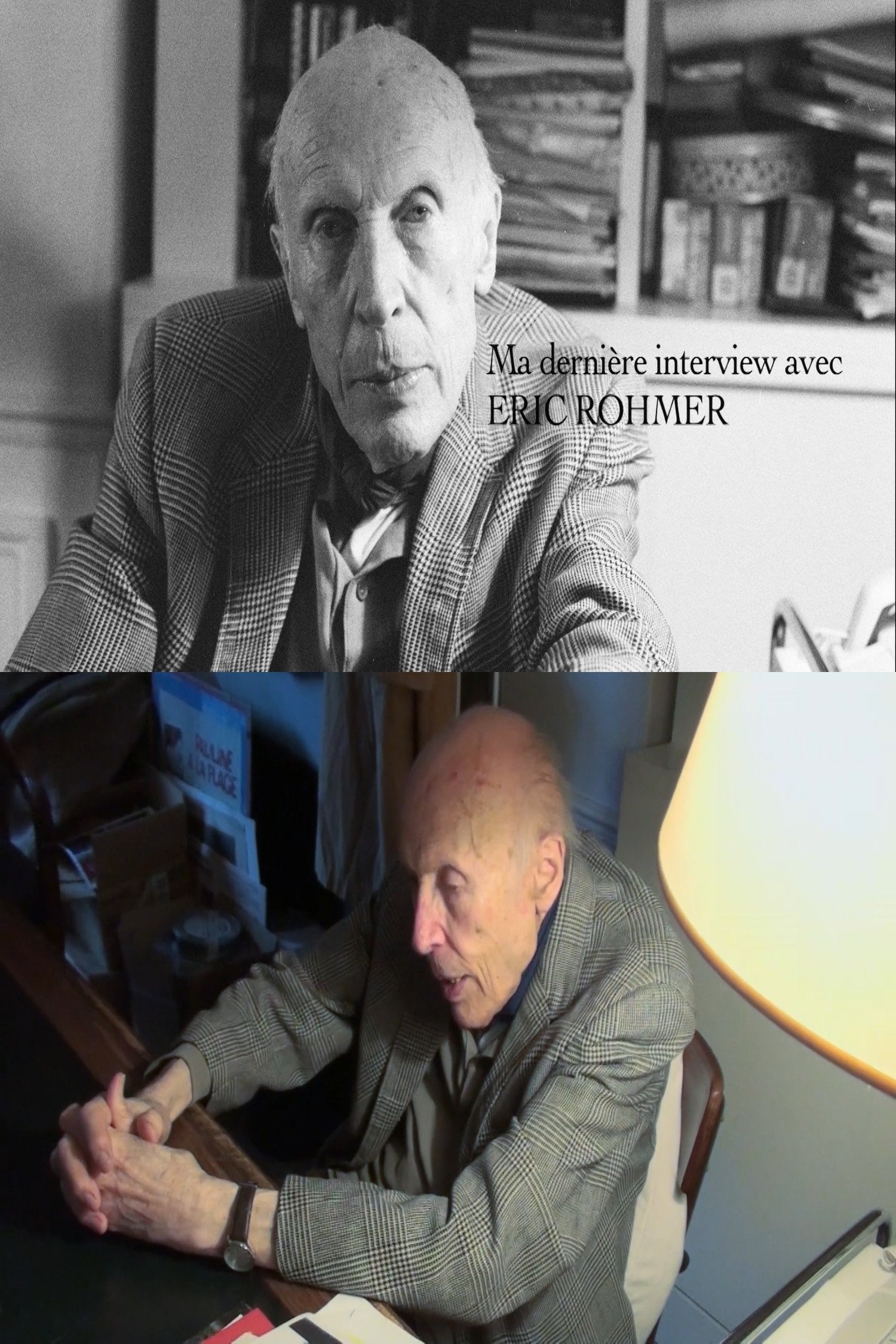
When she was working as cutter for films like La Carrière de Suzanne, La Collectionneuse and La Boulangère de Monceau, Jackie Raynal was most fascinated by how Rohmer handled sound. Unusual in times of digital access to every sound bit, the director insisted on using the original sound from exact the same place and time where the scene has been shot. So every bird, every gust of wind and every tree got it’s specific sound.
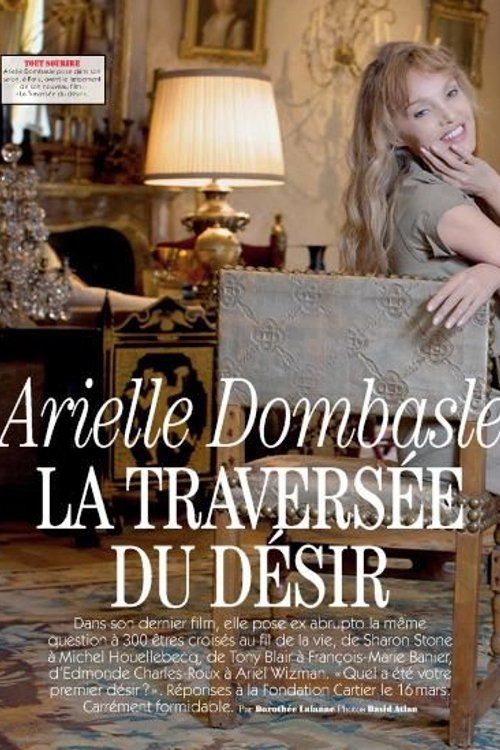
What was your first desire? What did you long for most? Arielle Dombasle put these questions to a wide circle of famous people.
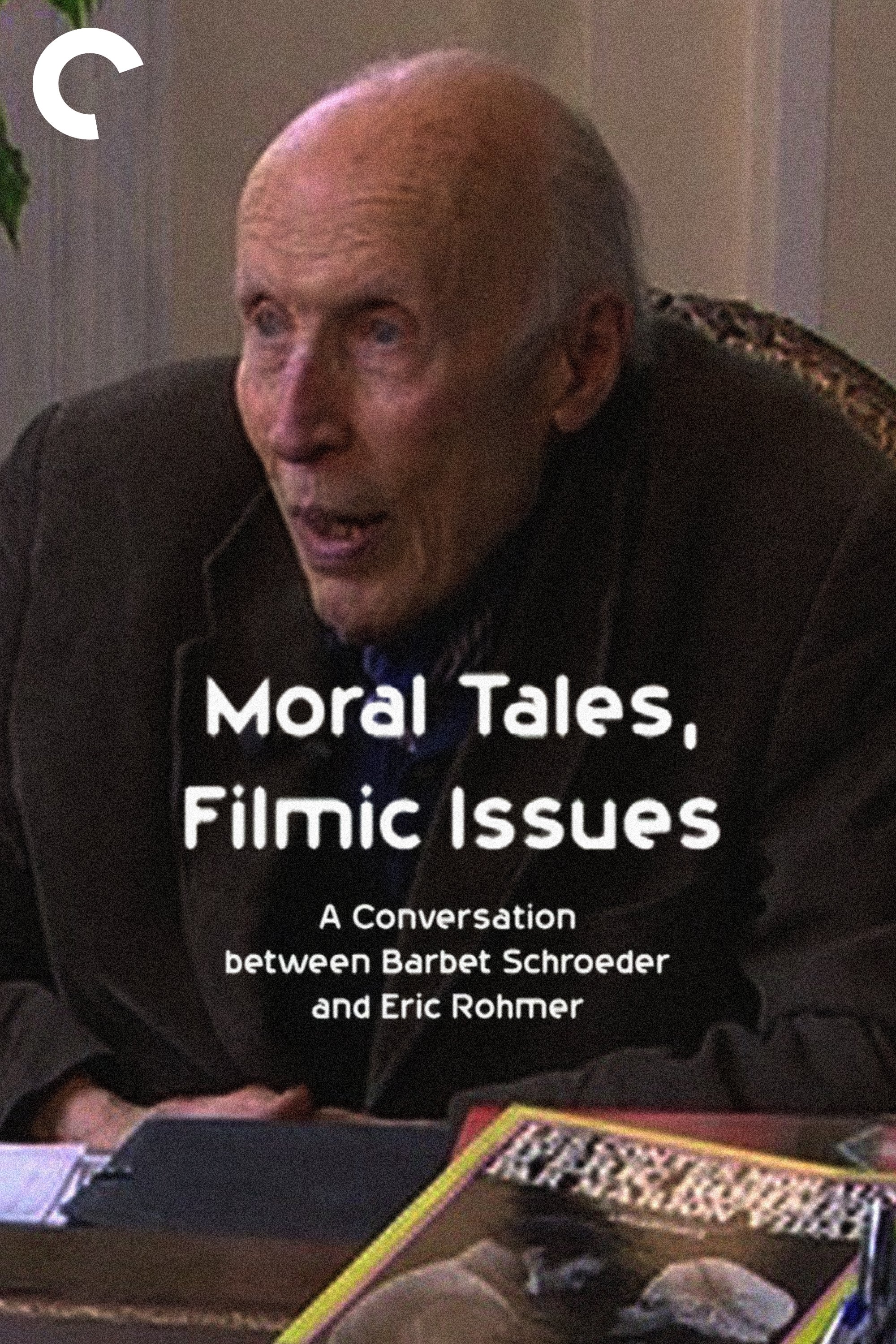
A conversation between Eric Rohmer and Barbet Schroeder.
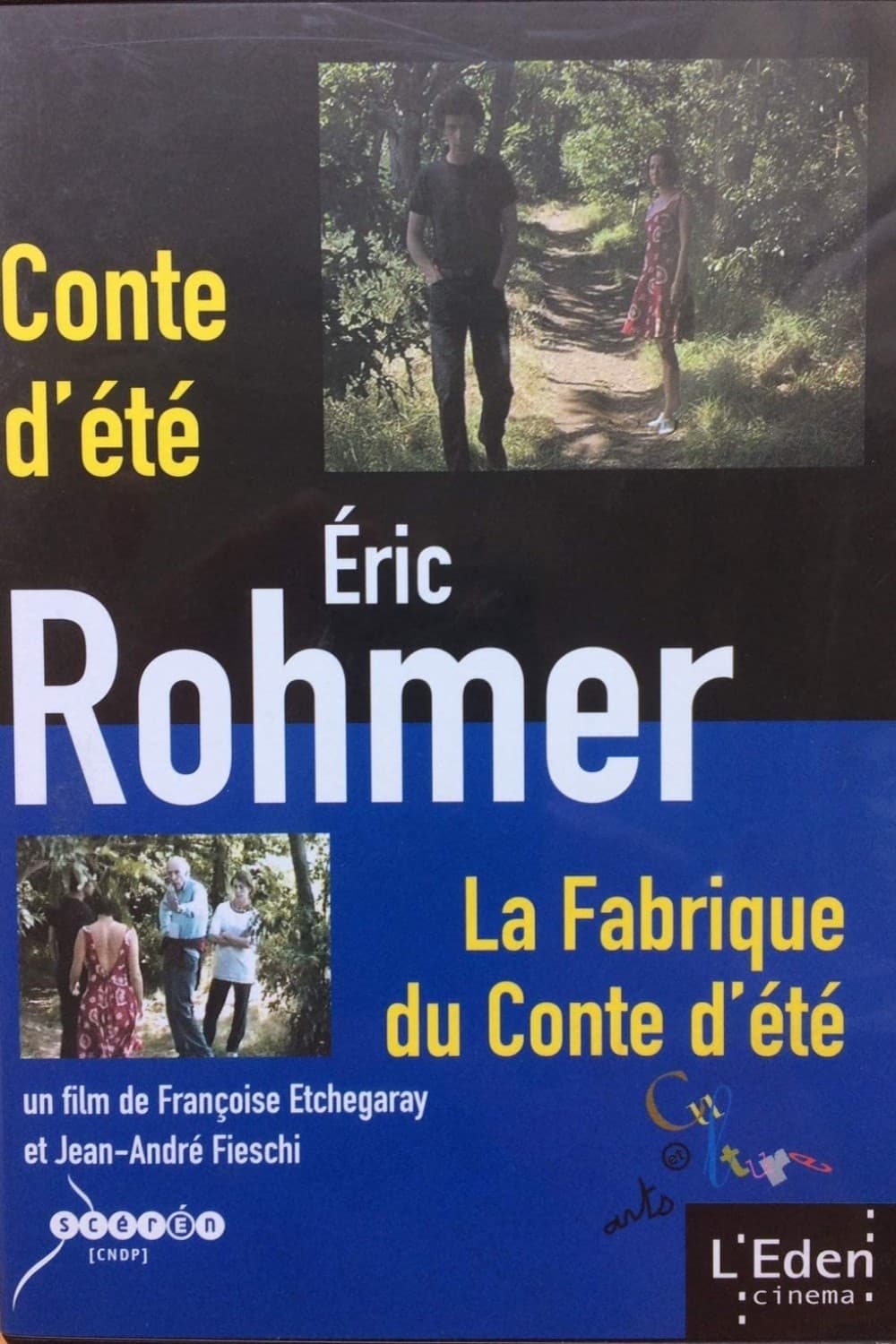
In 1995, producer Françoise Etchegaray recorded the production of A Summer's Tale. The footage remained on the shelf for years until director Jean-André Fieschi combined the images with bits of the finished film.
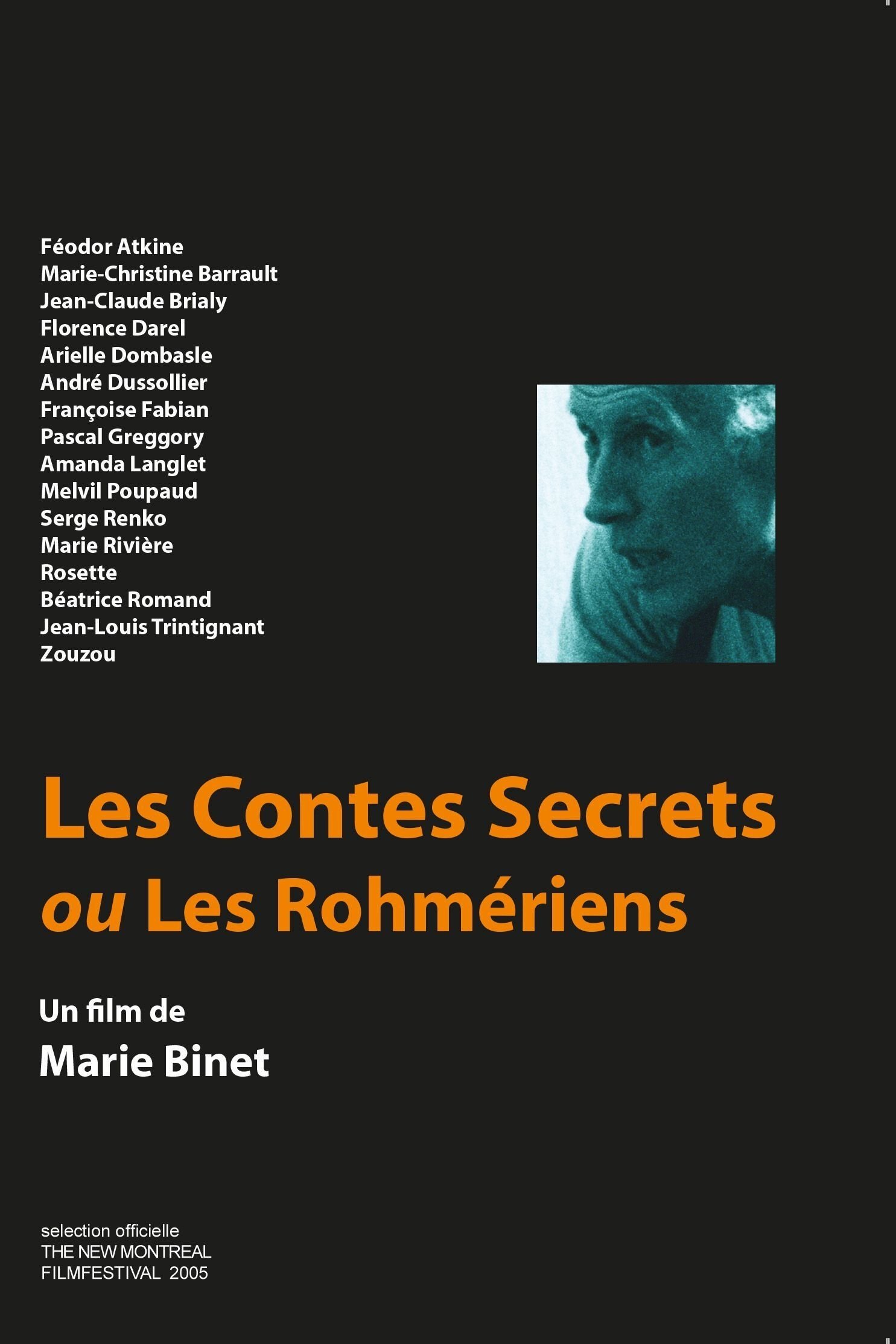
Les Contes Secrets ou les Rohmériens features interviews with 16 actors who have appeared in Rohmer's films, and they talk on camera about his unusual working methods, his personality, and his spare but evocative signature style. Among the thespians who share their memories are Jean-Louis Trinitignant, Marie-Christine Barrault, Zouzou, Jean-Claude Brialy, Béatrice Romand, Françoise Fabian, and Andre Dussolier; the film also includes rare footage of Rohmer himself at work on the set of his 1978 effort Perceval.
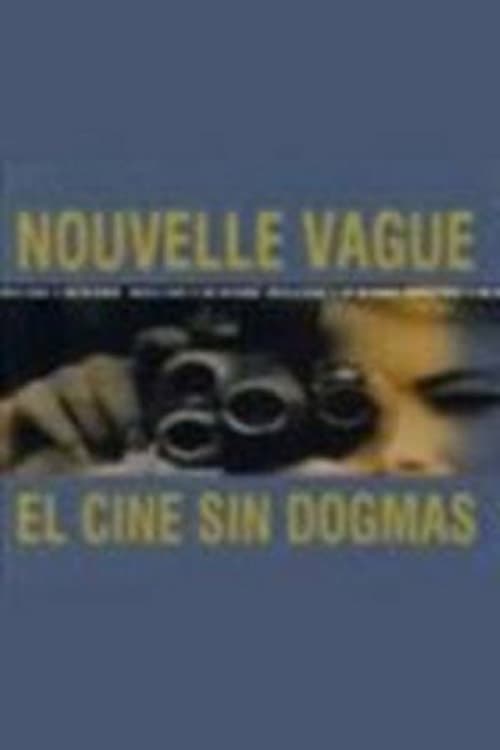
Éric Rohmer (March 20, 1920 – January 11, 2010) was a French film director, film critic, journalist, novelist, screenwriter and teacher. A figure in the post-war New Wave cinema, he was a former editor of Cahiers du cinéma. Description above from the Wikipedia article Éric Rohmer, licensed under CC-BY-SA, full list of contributors on Wikipedia.
By browsing this website, you accept our cookies policy.